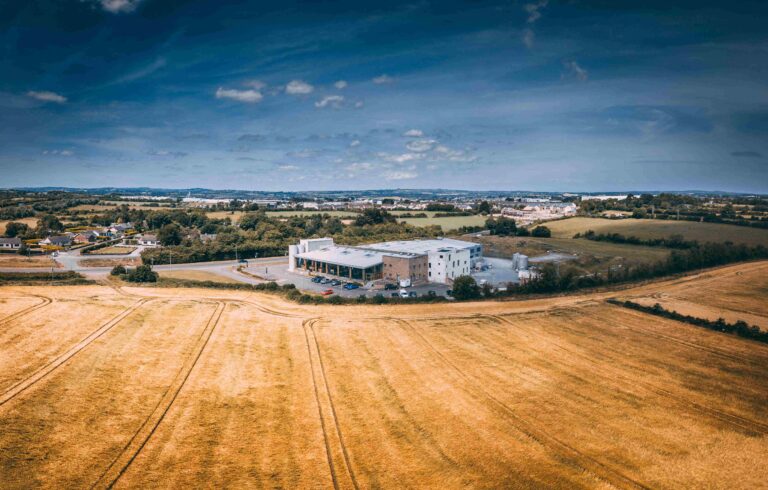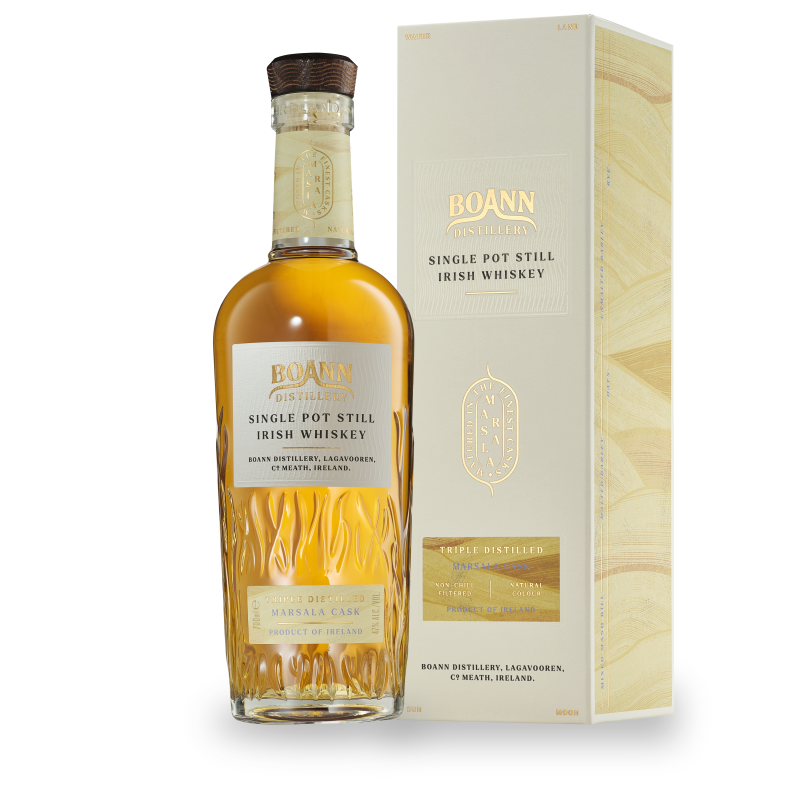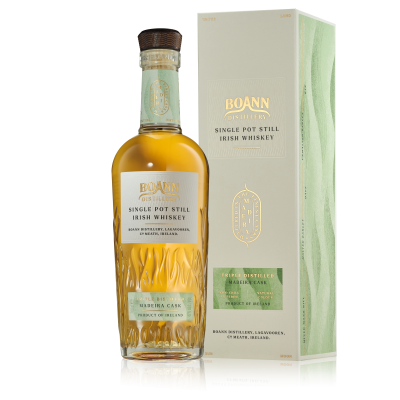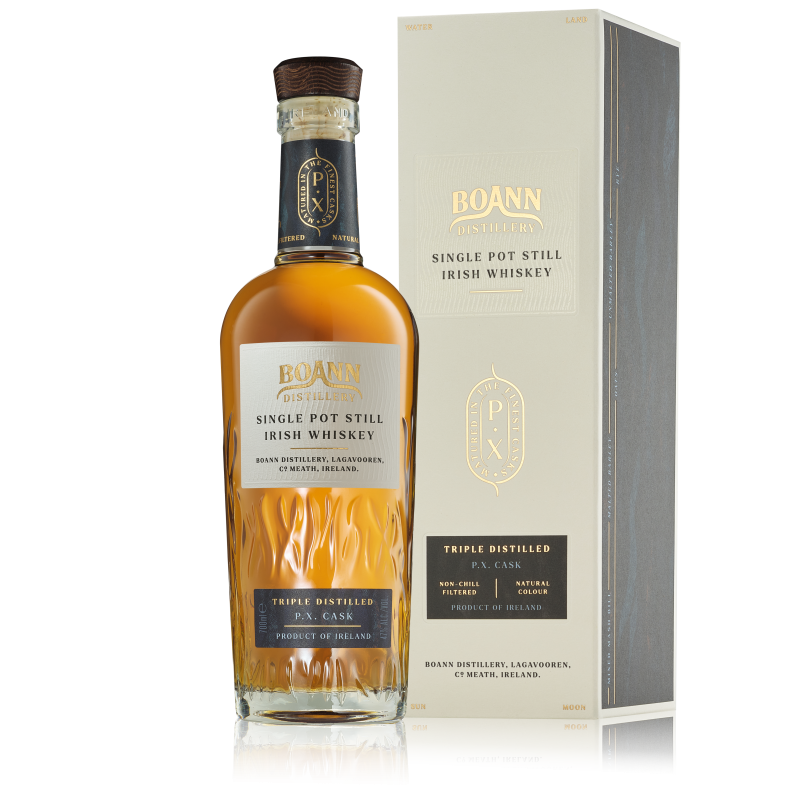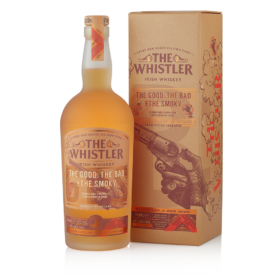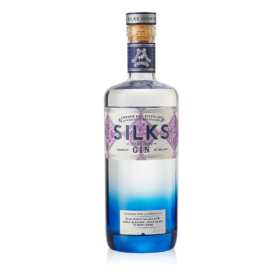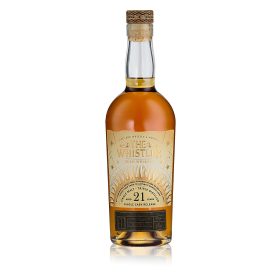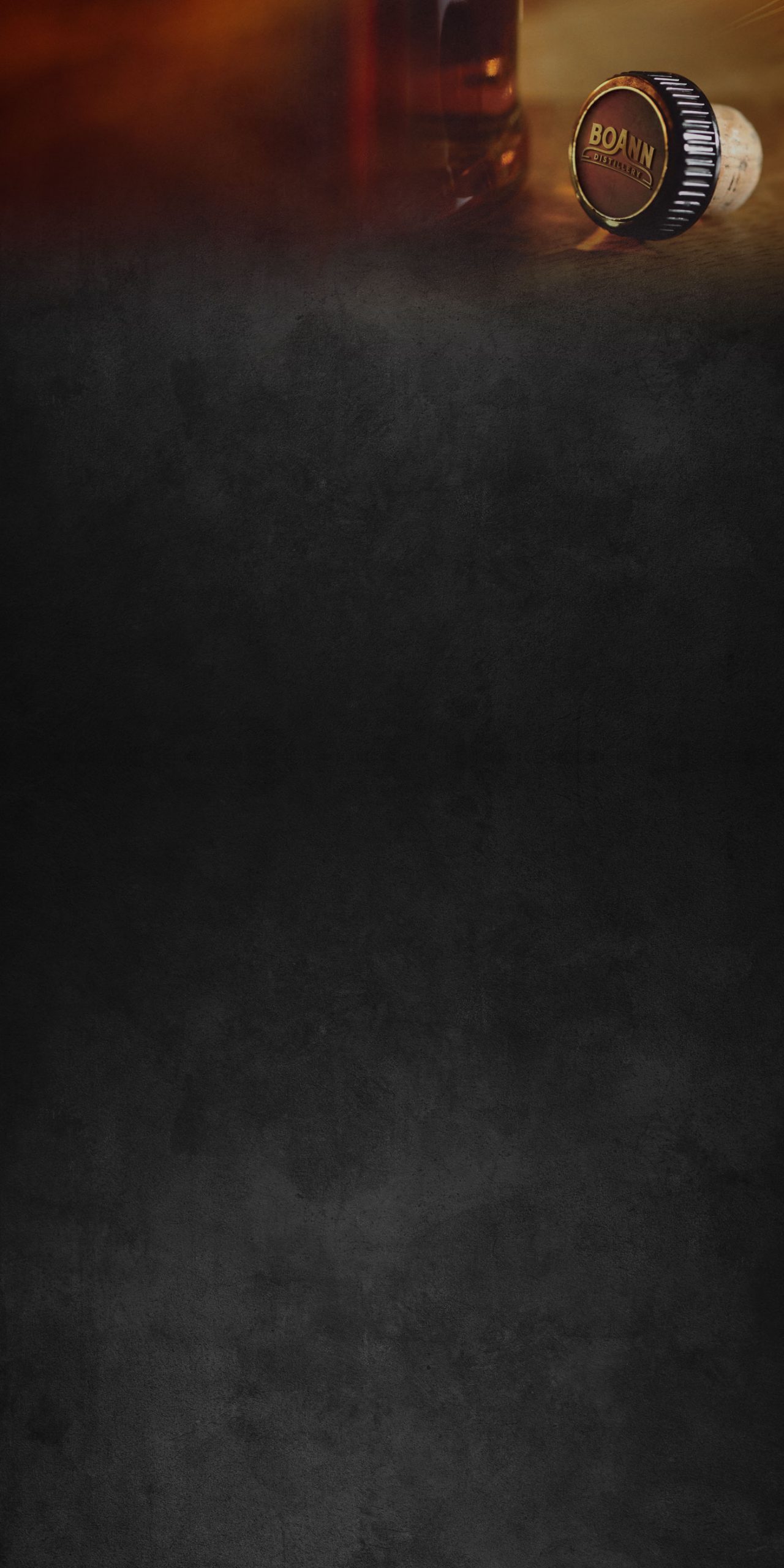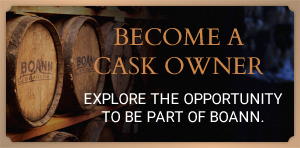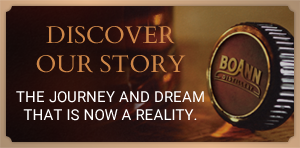The Distillery
A matter of grain to glass
From milling to mashing, distilling, maturing and bottling, every elegant mouthful of Boann Single Malt and Pot Still whiskey and craft gin is created within the quietude of our unique family distillery
OUR DISTILLERY
At Boann Distillery, our shared passion and wealth of knowledge means that each detail at Boann Distillery has been meticulously considered. We believe that it takes bravery and dedication to produce whiskey and craft gins of truly exceptional quality.
We are proud members of Origin Green and have made concrete and verifiable commitments in accordance with the Origin Green sustainability charter to become a more sustainable producer.

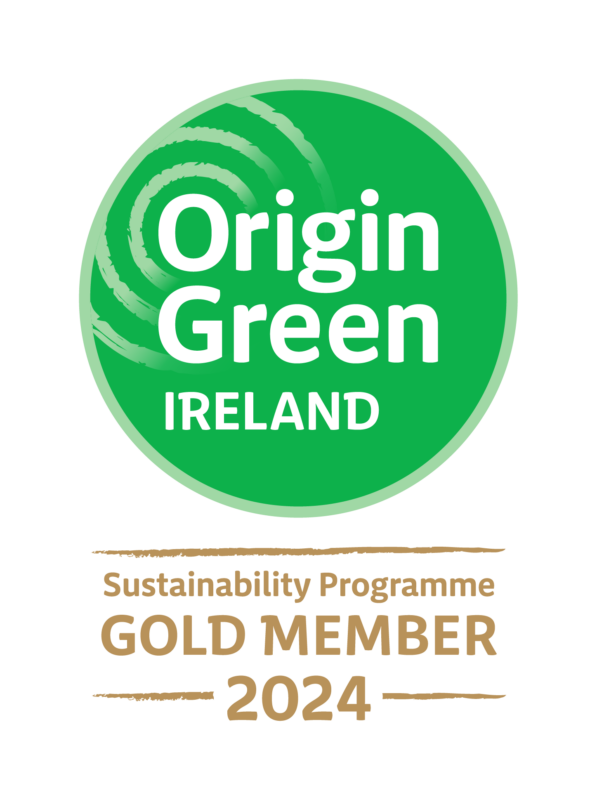
OUR PHILOSOPHY
Every raw ingredient sourced is 100% natural and 100% local. Every drop of water is drawn from our Boyne Valley well. Every grain of barley is provided by our native farmers.
We operate a closed loop system for water, recycling all our input water and maximising energy recovery from our systems. The heat generated helps run our packaging lines and will heat the restaurant, visitor centre and offices. Rain water harvesting will be utilised to minimise our footprint and also water our gin botanicals.
All bi-products of distillation, pot ale and spent grains are very high in protein and used as animal feed.
From milling to mashing, maturing to bottling, every elegant mouthful of Boann malted pot still whiskey and craft gin is created within the quietude of our family distillery.
